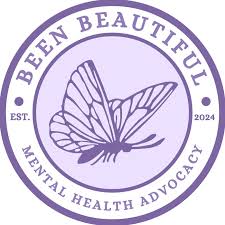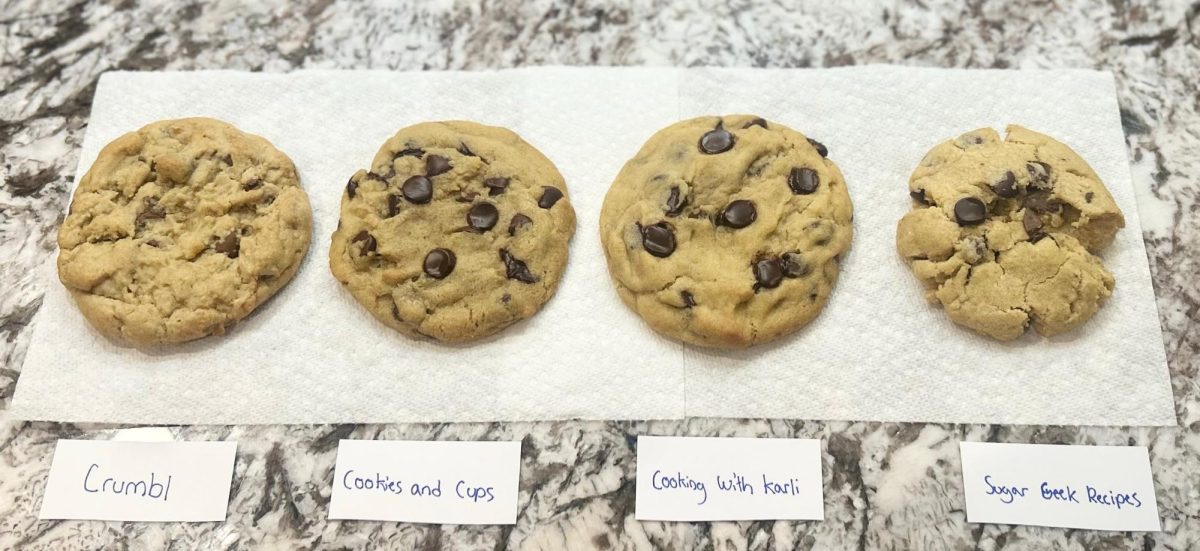Books have been around for a while, but now, with more technology, people have the option to read on a screen instead of paper, which has led to the continuing debate about whether traditional books or digital books are the better choices.
Ebooks are super convenient because you can carry your entire library on one device, like your phone. Aiman Mahmood, a high schooler at Danbury High School, points out that reading ebooks is much easier because “you don’t have to carry around a book or find a place to store it when you’re not reading.” Plus, since you’re probably already carrying your phone with you, it makes reading on the go simpler. Mahmood also mentions privacy and how sometimes “you don’t want others knowing what you’re reading,” and with ebooks, it’s much easier to keep to yourself and read. You can read anywhere, on the bus, at school, or during lunch without having to worry about anyone noticing the cover. With paper books, on the other hand, someone might ask what you’re reading based on the cover.
Although ebooks are more convenient, a lot of people still prefer paper books. Nabiha Chowdhury, a high schooler at Danbury High School, says how she prefers paper books because she “can’t read on a screen for too long without getting a headache.” This is a common problem for some people who read ebooks for long periods since screens can cause eye strain and headaches. Paper books don’t have that issue, and the experience of flipping through pages just feels nicer. Plus, they don’t have blue light, which messes with your eyes and sleep, making them better for longer reading sessions. The smell of a book, the weight in your hands, these are the things an ebook reader can’t replicate.
Ebooks are usually cheaper than paper books because they don’t have printing and shipping charges like paper books do. Ebooks also have subscriptions that let you access a bug variety of books in all subjects for free. Although, Mahmood mentions how you need a device to be able to read ebooks. In the case that something bad happens to your device, like it breaks or it needs upgrades, which would initially add up the cost and can make it more expensive then it was at the start. Meanwhile, paper books may cost more in the start, but they can be shared and resold, offering more value than you started with.
Paper books require materials like trees and energy to be made, but they can be recycled or donated. Ebooks don’t use paper, but the devices to read them still have an environmental impact because they use raw materials and create electronic waste. Some argue that e-readers aren’t easy to recycle, and the constant demand for new devices only adds to the e-waste problem. Nevertheless, paper books can be passed along and reused.
Whether it’s browsing a bookstore with friends or discussing the latest novel in a book club, paper books bring people together. Many people enjoy talking about books; they can create a book club and keep up on why they like the book, and then once they finish the book, they can hand it off to someone else to read. Ebooks don’t quite offer the same experience, since everything is digital, and you can’t exactly pass an ebook around to a friend as you can with a physical book. Also, with paper books, there’s no waiting for downloads or worrying about Wi-Fi. Once you have the book, it’s yours.
In the end, whether you choose paper books or ebooks depends on what you value more. If convenience, portability, and privacy are important, ebooks are the way to go. They’re easier to carry, and you have thousands of books just a tap away. However, if you enjoy the experience of flipping through pages and want a break from screens, paper books might be the better choice. Both formats have pros and cons, but each gives a special way to enjoy reading. Whether you’re curled up with a physical book or reading on your phone, the most important thing is that you’re reading and escaping into a new world.























